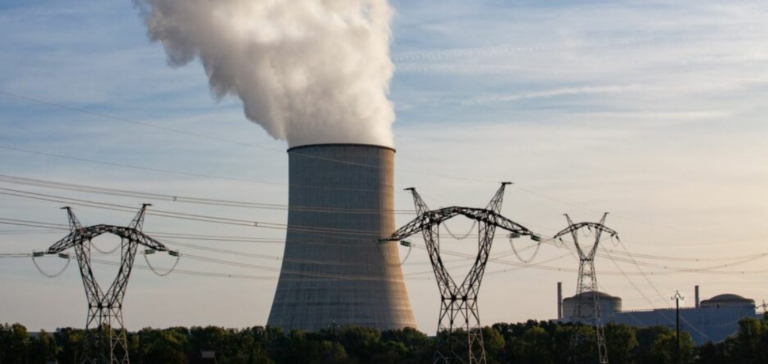The recent agreement to regulate nuclear power in France raises major concerns about its impact on electricity costs and the market position of Electricité de France (EDF). According to Engie CEO Catherine MacGregor, rigorous monitoring is needed to ensure strict separation of EDF’s producer and supplier activities. Engie, the country’s second-largest electricity supplier, points out the possible implications of this agreement for competition and clarity of market rules.
Risks of strengthening EDF’s position
The agreement between the French government and EDF sets future reference prices for nuclear power at 70 euros per megawatt-hour (MWh). This compromise aims to enable EDF to remain profitable while protecting consumers from significant bill increases. However, Engie warns of the potential strengthening of the market and the need for rigorous application of competition rules.
Potential Complications for Consumers and Suppliers
The complex and ambiguous nature of the agreement also poses a problem. Engie points to the lack of visibility due to the very limited ability to predict real electricity prices, and the potential confusion for industrial and private consumers. This could considerably complicate the preparation of bids for multi-year commercial contracts.
The need for a balanced transition to renewable energies
In addition, Engie regrets that alternative suppliers to EDF, as well as manufacturers and consumers, received only limited information before the agreement was reached, and can only take part in a consultation starting this week. This raises questions about the transparency and fairness of the decision-making process. The agreement also provides for the rapid and massive development of renewable energies alongside nuclear power.
Engie stresses that renewable energies are essential to the diversification of energy sources and the transition away from fossil fuels. However, integrating renewables into this complex regulatory framework requires meticulous planning and execution to ensure a fair and efficient energy market.
The French nuclear deal represents a potential turning point in the energy sector, with important implications for prices, competition and the energy transition.






















